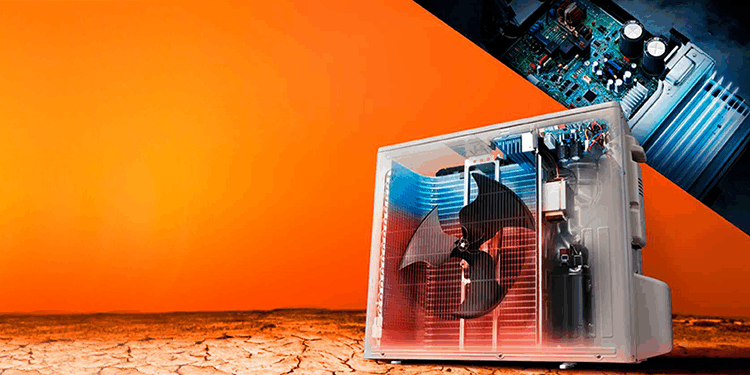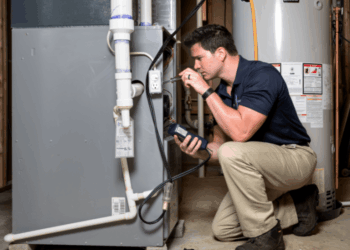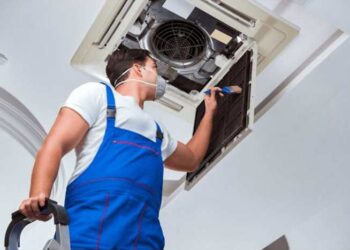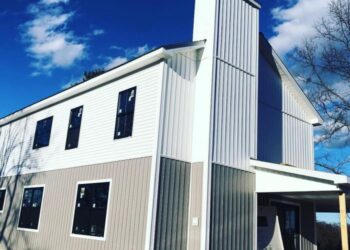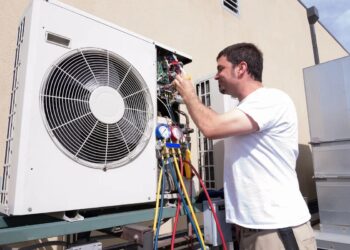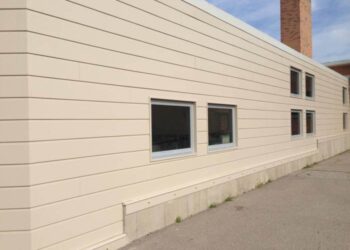Delving into the realm of air conditioning, the focus shifts towards the undeniable advantages of investing in inverter ACs for the long haul. This guide aims to shed light on the compelling reasons why inverter ACs stand out as a wise and sustainable choice for the future.
As we navigate through the intricacies of inverter technology and its impact on energy efficiency, cost savings, and environmental considerations, a clearer picture emerges of the enduring value these systems offer.
Benefits of Inverter ACs
Inverter air conditioners have gained popularity due to their energy-efficient operation, cost-saving advantages, and superior cooling performance compared to traditional AC units.
Energy Efficiency
Inverter ACs use variable speed technology to adjust the compressor motor speed according to the cooling needs. This results in consistent temperature control and reduced energy consumption compared to non-inverter models that operate at fixed speeds. The ability to regulate the compressor speed allows inverter ACs to maintain the desired room temperature efficiently, leading to lower electricity bills in the long run.
Cost-Saving Advantages
While the initial cost of purchasing an inverter AC may be slightly higher than a non-inverter model, the energy savings achieved over time make it a wise investment. Inverter ACs consume less power, reducing electricity bills significantly, especially during prolonged usage periods.
The energy efficiency of inverter ACs not only saves money but also contributes to environmental conservation by reducing carbon emissions.
Cooling Performance
Inverter ACs provide faster cooling and more precise temperature control compared to traditional AC units. The compressor in an inverter AC adjusts its speed based on the room's cooling requirements, ensuring consistent and comfortable cooling without fluctuations. This results in improved cooling performance, quieter operation, and better dehumidification, enhancing overall comfort levels in the room.
Technology Behind Inverter ACs
Inverter air conditioners utilize advanced technology to provide efficient cooling while reducing energy consumption. The key component in inverter ACs is the variable speed compressor, which allows the system to adjust the cooling capacity based on the room's temperature requirements.
Regulating Compressor Speed
Inverter ACs use a variable speed compressor that can adjust its speed based on the cooling needs of the room. Unlike traditional non-inverter ACs that operate at a fixed speed, the inverter technology allows the compressor to ramp up or slow down as needed.
This means that the compressor does not have to constantly start and stop, leading to more energy-efficient operation.
- By regulating the compressor speed, inverter ACs can maintain a consistent temperature in the room without fluctuations, providing better comfort.
- The inverter technology also helps in reducing energy consumption by avoiding sudden spikes in power usage during compressor start-ups.
Impact on Energy Consumption
The variable speed compressor in inverter ACs plays a significant role in reducing energy consumption. When the compressor operates at lower speeds during periods of lower cooling demand, it consumes less power compared to non-inverter ACs that run at full capacity even when not required.
- As the compressor adjusts its speed based on the temperature requirements, inverter ACs consume up to 30% less energy compared to non-inverter models.
- This energy-saving feature not only helps in reducing electricity bills but also contributes to a lower carbon footprint.
Difference Between Inverter and Non-Inverter AC Compressors
The primary difference between inverter and non-inverter AC compressors lies in their operation. Non-inverter compressors operate at a fixed speed, either running at full capacity or completely shutting off. On the other hand, inverter compressors can vary their speed continuously to match the cooling needs of the room.
- Non-inverter ACs tend to consume more power as they operate at maximum capacity even when the cooling load is low, resulting in higher energy consumption.
- In contrast, inverter ACs are more energy-efficient as they adjust the compressor speed based on real-time requirements, leading to significant energy savings over time.
Durability and Maintenance
When it comes to inverter ACs, durability is a key factor that contributes to their long-term performance. Understanding the components and implementing proper maintenance practices can significantly extend the lifespan of these units.
Durability of Inverter AC Components
The components of inverter ACs are designed to be more durable compared to traditional AC units. The use of advanced technology and high-quality materials ensures that these components can withstand continuous use over an extended period.
- Inverter Compressor: The compressor is one of the most crucial components of an inverter AC. Unlike conventional compressors that turn on and off frequently, the inverter compressor operates at varying speeds, reducing wear and tear.
- Copper Coils: Inverter ACs typically use copper coils, known for their durability and resistance to corrosion. This enhances the overall efficiency and longevity of the AC unit.
- Electronic Components: The electronic components in inverter ACs are designed to handle fluctuations in power supply, ensuring stable performance and protecting the unit from electrical damage.
Maintenance Tips for Longevity
Proper maintenance is essential to ensure the longevity of your inverter AC. By following these maintenance tips, you can maximize the lifespan of your unit and maintain its efficiency.
- Regular Cleaning: Keep the filters, coils, and vents clean to prevent dust and debris buildup, which can hinder airflow and reduce efficiency.
- Professional Servicing: Schedule annual maintenance checks with a certified technician to inspect and tune up your inverter AC for optimal performance.
- Avoid Overworking: Set the temperature to a comfortable level and avoid frequent temperature adjustments to prevent excessive strain on the unit.
Design Contribution to Reliability
The design of inverter ACs plays a significant role in their long-term reliability. Features such as smart sensors, energy-efficient components, and advanced cooling technologies contribute to the overall durability and performance of these units.
Environmental Impact
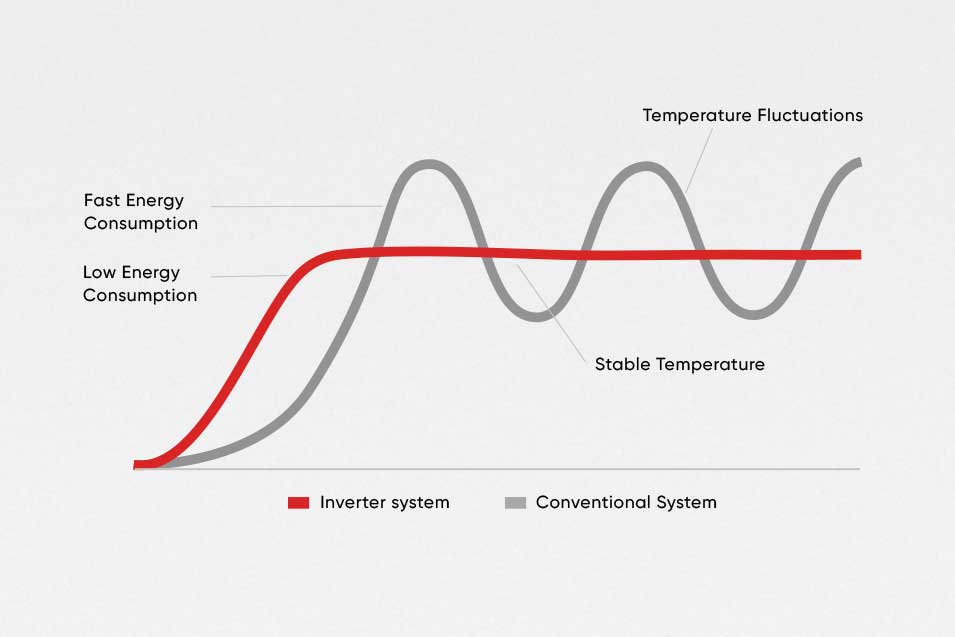
Inverter air conditioners not only provide energy efficiency and cost savings but also have a positive impact on the environment. By choosing an inverter AC, you are contributing to reducing greenhouse gas emissions and promoting sustainability.
Reduced Greenhouse Gas Emissions
Inverter technology in air conditioners allows for variable speed operation, meaning the compressor adjusts its speed based on the cooling needs. This results in lower energy consumption compared to traditional AC units that operate at a fixed speed. As a result, inverter ACs emit fewer greenhouse gases into the atmosphere, helping to combat climate change.
Eco-Friendly Refrigerants
Inverter AC units also use eco-friendly refrigerants such as R-32 and R-410A, which have lower global warming potential compared to older refrigerants like R-22. These refrigerants are less harmful to the environment and contribute to a greener and more sustainable future.
Conclusive Thoughts
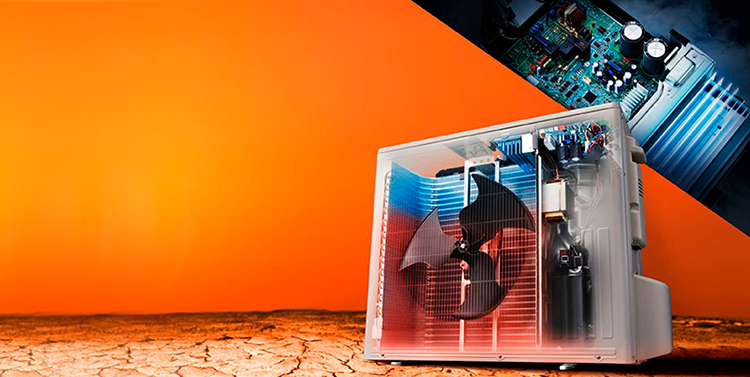
In conclusion, the journey through the realm of inverter ACs unveils a landscape of benefits that extend beyond mere cooling. From energy efficiency to environmental consciousness, the case for investing in these innovative systems becomes increasingly compelling as we look towards a more sustainable future.
Question Bank
Are inverter ACs really more energy-efficient than traditional ACs?
Yes, inverter ACs adjust compressor speed based on cooling needs, leading to significant energy savings compared to non-inverter models.
How do I ensure the longevity of my inverter AC?
Regular maintenance such as cleaning filters and coils, as well as professional servicing, can help prolong the lifespan of your inverter AC.
What eco-friendly refrigerants are used in inverter AC units?
Inverter ACs often use R32 or R410A refrigerants, which have lower global warming potential compared to traditional refrigerants.

